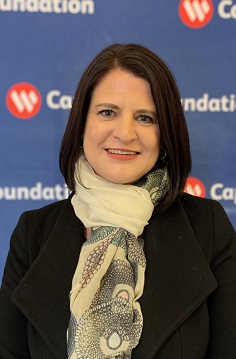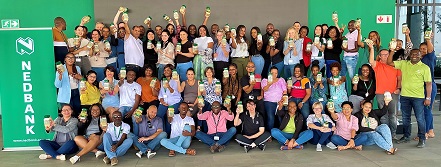
‘Food waste challenge’ to reduce waste launched

By Clifton Movirongo.
The Capricorn Foundation recently announced the launch of the Capricorn Foundation Food Waste Challenge, to reduce food waste in the country.
The challenge is based on an open innovation platform, allowing anyone to participate, with the winning solution set to win N$100,000.
The Executive Officer of the Capricorn Foundation, Marlize Horn, explained that the foundation seeks ideas for reducing food waste in the country as there are tonnes of consumable food being discarded as waste.
“We acknowledge that there are ongoing efforts to address the issue of food insecurity in the country. Still, we are looking for new possibilities that can tip over a pivotal domino on the problem of the food waste chain that can result in exponential benefits,” explained Horn.
She added that a solution to this problem would not only address the basic need for food security for the most vulnerable people nationwide, but it can positively impact our society and improve the quality of life for many Namibians.
The challenge is a theoretical exercise requiring only a written proposal. According to the foundation, one of its objectives for the challenge is to encourage better collaboration between sources, distributors or receivers, and beneficiaries of food.
“Ultimately, we are seeking solutions that would effectively lead to more food, which would have been wasted otherwise, to reach the vulnerable communities. Through this process, we also hope to increase awareness on the issue of food insecurity and the contribution that food waste is adding to this problem,” said Horn, adding that any ideas or proposals that will provide original and impactful solutions for any part of the total value chain are needed.
“This can range from collecting food waste from sources; verifying that it is still suitable for human consumption; and then distributing the food to receivers/distributors, where it can be further used or distributed to vulnerable communities,” Horn said.
According to Horn, the solver(s) will propose a solution or idea design that meets the requirements and justify it with arguments and relevant references. Moreover, the proposal will be evaluated on a theoretical basis, considering the current state of knowledge concerning foodstuff waste in the country, she added.
The submission deadline is 12 August, and a panel of judges representing various sectors of the economy will select the winning solution.












































